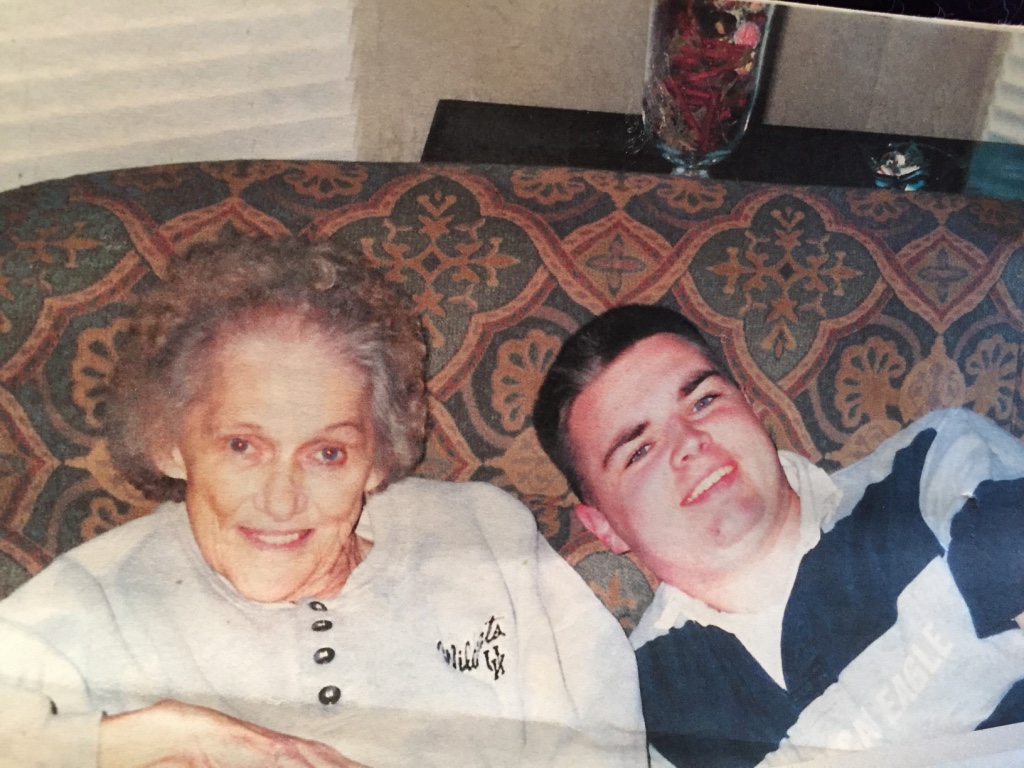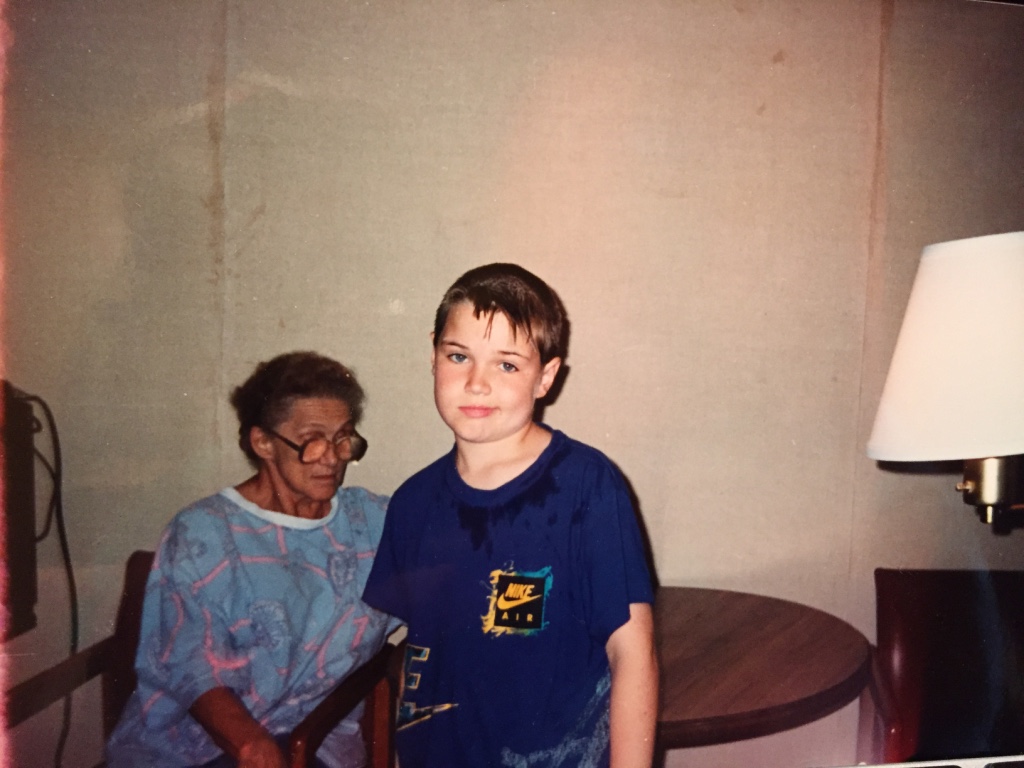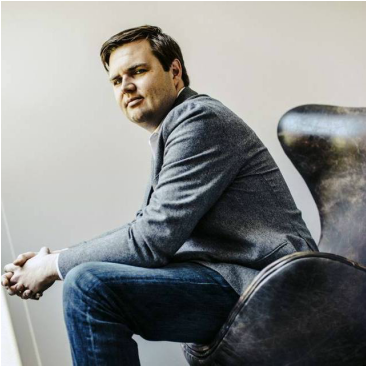The review below was first posted in August of 2017 and rated #1 on the top ten for 2017 on this blog. (See Top Ten Tab). I have moved it forward and added some notes here, because this book has had so many people come to this site to read the review, and some more thoughts seem of value.
The book was released on June 28, 2016 and spent 49 weeks on USA TODAY’s list. It was on The New York Times Best Seller list in 2016 and 2017.
Why? Why has there been soon much interest in this book, and why has it been so successful? Timing is everything. The assumption that the white working class are key to the election of Donald Trump likely brought many to this book. They may have expected to find an explanation of how Trump seemed like a solution. What they found was a personal life story for the author J.D. Vance's time growing up in the Rust Belt. Vance's story shows that much of his success came from the sacrifices of his grandfather.
Some may feel they have found the answers in this book and others seem to be critical that Vance did not have much to say about how the government ought to interact with the poor.
See Original Review Below
JD- as an adult, at about 10, and when he first joined the Marines, both pictures with his "Mamaw", and with his wife, Usha.
Review from August 2017
J.D. Vance grew up first in Jackson, a small town of about six thousand, in the heart of southeastern Kentucky’s coal country. He later moved to the Rust Belt city of Middletown, Ohio. His neighbors, friends and family were what Americans call white trash, hillbillies, and rednecks.
His mother was an addict and provided him with a revolving door of father figures. His Scottish-Irish grandparents were new-middle class (still very much hillbillies) and taught him solid values. The language of his youth was colorful and harsh but it could also be considered down to earth and real.
“Mamaw”, his grandmother, once set her husband on fire when he came home drunk. His grandfather, “Papaw”, could be violent and once tossed a fully decorated Christmas tree out the back door. They both packed guns and swore up a storm and obviously had tempers. They were also anchors whose encouragement and love helped J.D. endure decades of challenges and heartbreak.
A sense of family comes through strong in this book. Aunts, uncles, cousins, and especially his grandparents were close to each other and to J.D.. Loyalty to the family was important. If you had a large extended family growing up, this book may take you back.
J.D. said in the introduction that “he hasn’t done anything great in his life”. He said the coolest thing he has done was to graduate from Yale Law School, something that he, as a 13-year old, would have considered ludicrous."
In the Marines (he served in Iraq), at Ohio State, and then at Yale Law School, J.D. learned to make right choices. He tried to find answers for the problems of the community he grew up in. He studied sociology, psychology, community, culture, and faith, looking for answers. The solution, he believes, is not government action but in people asking themselves “what we can do to make things better?”
After Law School, he wrote about his findings for the National Review and for the New York Times. Declaring that he survived with the help of caring family and friends, he writes, “I am one lucky son of a bitch.”
He mentioned that many of his people couldn’t support Obama because they couldn’t connect. Obama was black but that wasn't enough. He was polished. His language, clothing and education communicated that he was different than they were.
Understanding how J.D. looked at his life and why he wanted to do what he did is well worth reading this book for. I like the book and would recommend it.
Quotes and Thoughts
“whenever people ask me what I’d most like to change about the white working class, I say, “The feeling that our choices don’t matter.” -J.D.Vance
“So, to Papaw and Mamaw, not all rich people were bad, but all bad people were rich.” -J.D. Vance
#1 NEW YORK TIMES BESTSELLER
"You will not read a more important book about America this year."--The Economist
"A riveting book."--The Wall Street Journal
"Essential reading."—David Brooks, New York Times
New York Times recommended as one of 6 books to help understand the Trump win.
“We hillbillies need to wake the hell up.”
American Conservative columnist, wrote that “Hillbilly Elegy” “does for poor white people what Ta-Nehisi Coates’s book did for poor black people: give them voice and presence in the public square.”







